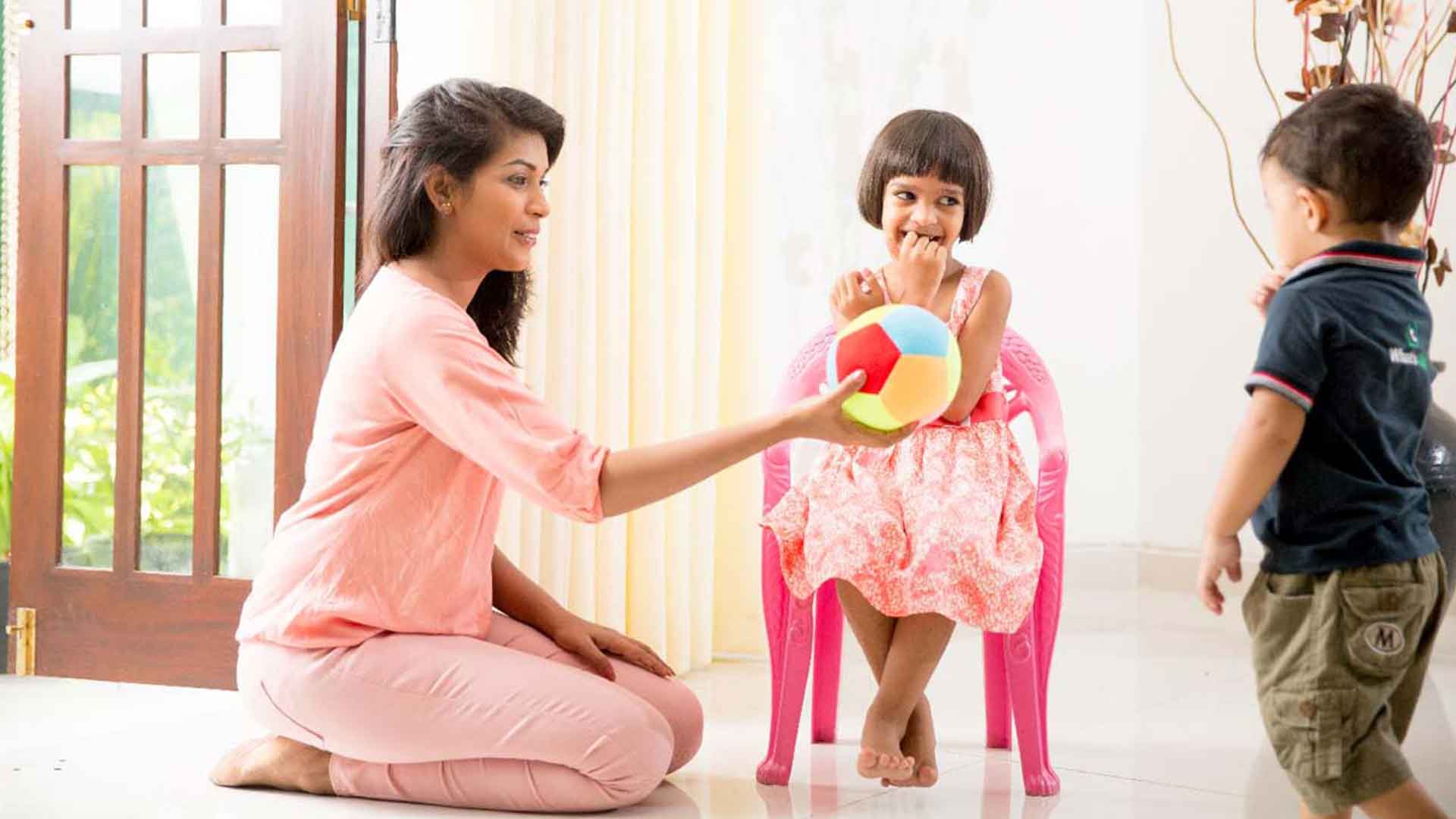























Siblings Rivalry and Friendships

Dinusha Manjarie Wickremesekera

“...the sibling bond can be a thing of abiding love. Our parents leave us too early, our spouse and our children come along too late. Our siblings are the only ones who are with us for the entire ride.”
Jeffrey Kluger
Siblings, our brothers and sisters, share parents and experiences growing up. Siblings could be a source of support and consternation. The relationship can be one of rivalry in the face of competition, friendship in the face of cooperation and everything in between. The sibling relationship is the first relationship that a child has with a person closer to their age. This relationship is / can be fostered by parents, but their interactions and bond are also dependent on the characteristics of each of the sibling's personalities.
Siblings spend a lot of time together, and psychologists have found that siblings have a significant influence on us. Psychologists have found that parents are good at teaching children the social niceties of more formal settings – like how to behave at the dinner table or a party. Siblings are role models of informal behaviours – like how to be cool around friends and how to act in schools – very important for the child’s everyday experiences. Much of the naughtier behaviours are learnt from their siblings. Though each child will have his / her personality, siblings also tend to influence preferences and actions.
Positive relationships with siblings result in better life outcomes. Fostering a supportive relationship between siblings from a very young age is a principle task in parenting. When sibling relationships start positively they stay forever positive regardless of the problems that come along the way. The best way to ensure there are strong relationships between your children is to encourage your children to spend time with each other so that they would develop respect for each other and cooperate and manage problems and have fun together.
The nature of the sibling relationship is such, that despite the different personalities and interests of each child, they would find a way to override these differences and develop a bond. The time spent together, loving each other based on blood ties and being there for each other in good times and bad, means it is important to have this bond. There are benefits to both the cooperation as well as the rivalry between siblings.
The siblings compete for parental attention. Children could perceive that a brother or a sister is a favourite and act upon that. The fact is that more often than not, there will be a favourite. For a father, typically it would be the youngest daughter, and for a mother the eldest son. Regardless, research as shown that parents do have a favourite, some parents are better at concealing it than others. Despite the deep emotional hurt that a child might feel, the sibling bond has also proved to be resilient and even after long periods of fighting can heal into newer and more appreciated bonds.
Many conflicts would begin and end on their own, without parental intervention. However, if fights are frequent and are turning increasingly violent, or subtler forms of bullying, one sibling is going to end up hurt. Before getting too upset with fighting between your children – take a deep breath – know that sibling rivalry is very normal. No relationship is completely harmonious – the sibling relationship is a good relationship in which to learn how to manage conflicts in relationships.
Before the intervention, it is important that you can understand the personalities of each child as well as the context of the current fight in question. This would help you to intervene with fairness so that it is not perceived that you are favouring one over the other.
It is also important that you speak to each child separately and speak and work through with them to their level of understanding what exactly is going on and how they could handle this relationship better.
Share With:
Recommended Articles


Teaching your child to live with a heart of gratitude
We all agree with the idea that, parents hold the greatest responsibility in nurturing a sense of gratitude and respect within a child. Similarly with other...
Read More

Standing Strong Standing Alone
Developing Independence in Toddlers Until your toddler begins to walk s/he cannot move around independent of help – once toddlers start walking they are ...
Read More

Self-esteem and Resilience – Are they important?
Your child begins to develop his or her personality from the age they can move their bodies and do little things on their own. Development of this specific ...
Read More